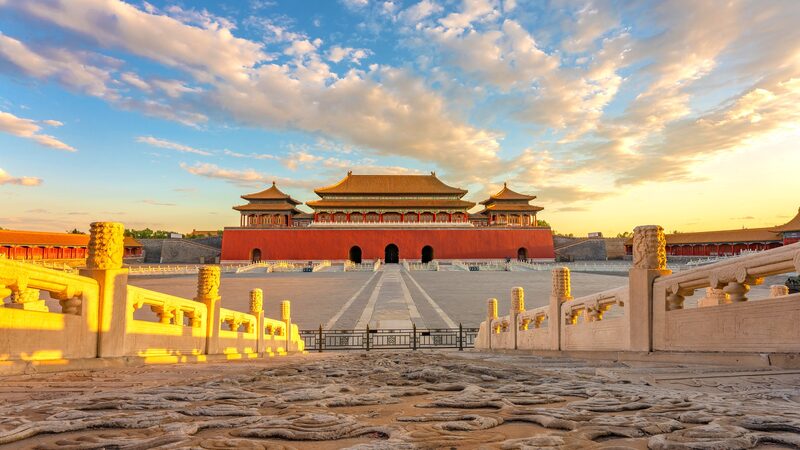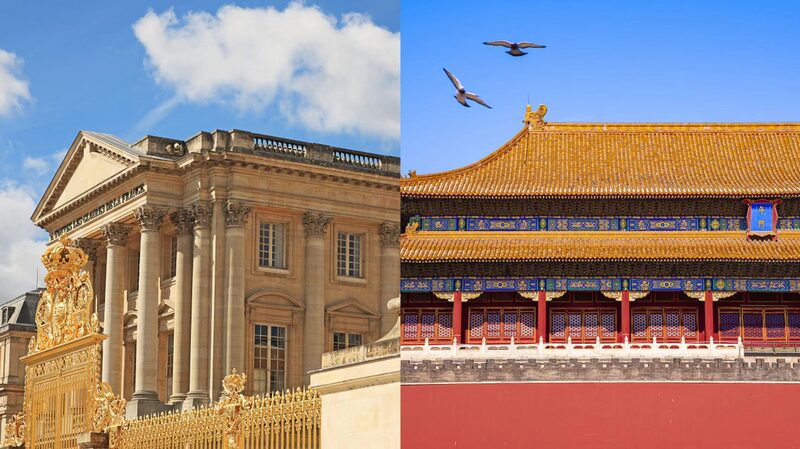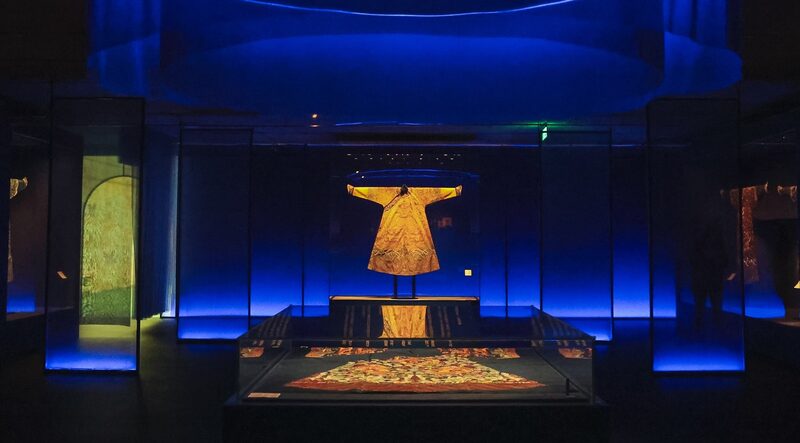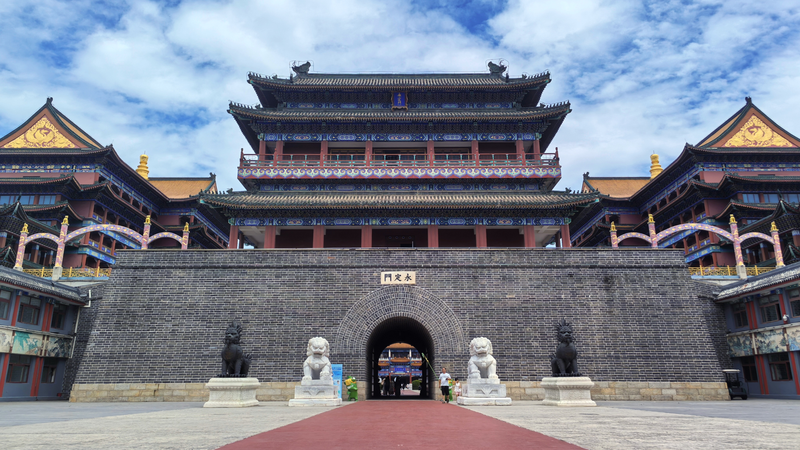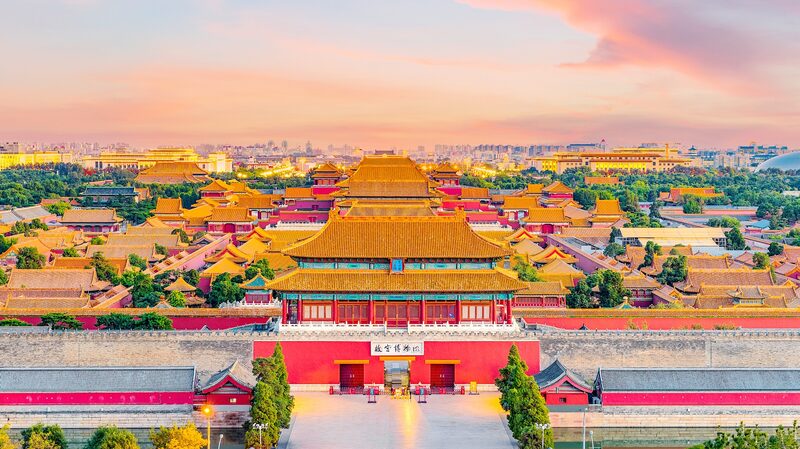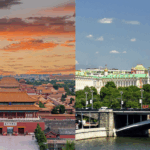Step into the grandeur of two iconic Asian landmarks—China’s Forbidden City and Vietnam’s Hue Imperial City—and discover a shared legacy that transcends borders. These UNESCO World Heritage sites aren’t just tourist hotspots; they’re like ancient Instagram filters revealing centuries of cultural exchange! 🎑✨
The Forbidden City in Beijing, with its 980 golden-roofed buildings, once housed Ming and Qing emperors, while Vietnam’s Hue Imperial City served as the Nguyen Dynasty’s political heart. Both complexes showcase strikingly similar designs: symmetrical layouts, moats symbolizing cosmic order, and color palettes inspired by yin-yang philosophy. Think of them as distant cousins who borrowed each other’s homework—but nailed it. 📚👑
Historians call this the “Confucian blueprints” era—a time when Vietnam’s royal architects blended Chinese influences with local flair. From dragon motifs (🐉 representing imperial power) to poetry carved into palace walls, these sites whisper tales of diplomacy, trade, and shared artistry. Pro tip: Hue’s Ngo Mon Gate and Beijing’s Meridian Gate could practically be twins!
Fast forward to today: Both nations are teaming up to preserve these treasures. Virtual reality tours and youth exchange programs are making history feel lit 🔥 for Gen Z. As one curator puts it: “These palaces aren’t relics—they’re bridges.” Ready to explore? Grab your phone (or a time machine) and dive into the past.
Reference(s):
Sino-Vietnamese heritage: The Forbidden City and Hue Imperial City
cgtn.com

